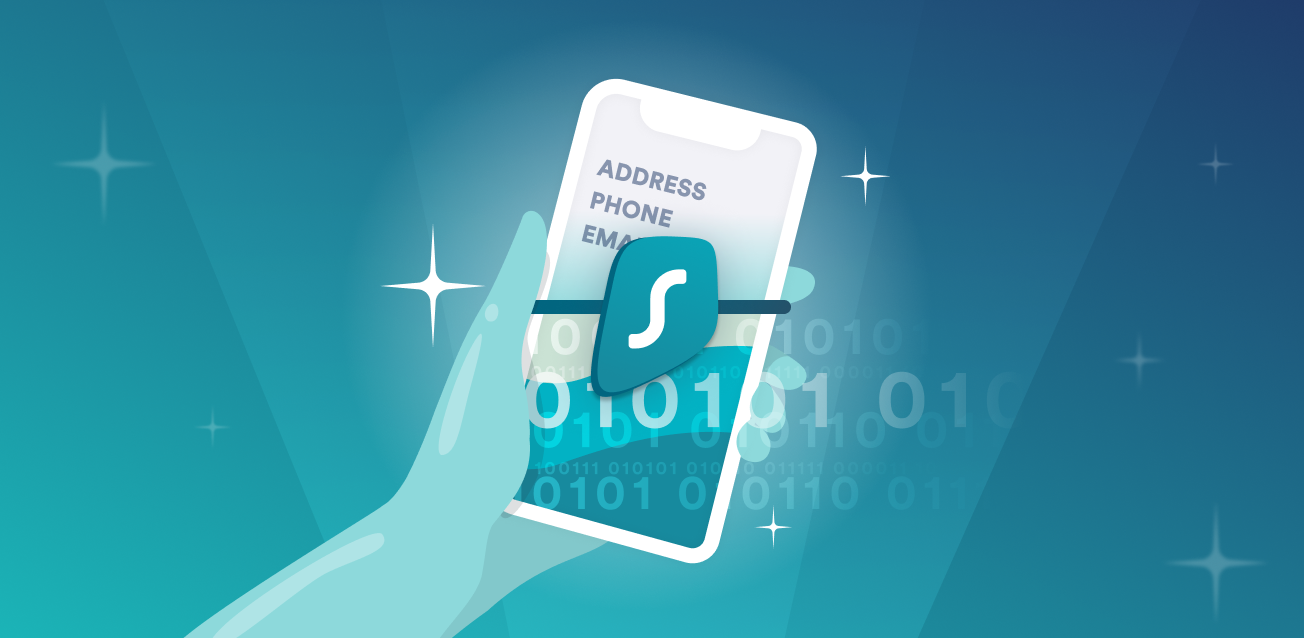Mobile devices are an integral part of today's business world, but they also present unique challenges.
No matter your position in life – business owner or employee – mobile security is paramount to both your own safety and the success of your company.
Cybercriminals are searching for ways to access personal and corporate data on mobile devices. This could be done through phishing, taking usernames and passwords, or installing malware that could compromise your phone's privacy.
?How Does Push Button Security Work
In the hospitality industry, it's not uncommon for your staff to take some hard knocks. A comprehensive safety program can go a long way towards keeping staff satisfied and healthy. One of the best ways to accomplish this is with an attractive panic button.
Not only are these buttons functional and attractive, but they are also safe and secure; quality panic buttons make an excellent investment for the sake of your team members' wellbeing. Not only are these easy to install, operate and maintain but also cost-effective; making them your best bet if you want reliable performance from them.
Traditional access control systems rely on key cards, while mobile solutions utilize smartphones and other electronic devices. This provides users with a great deal of convenience as well as administrators.
Bluetooth technology enables phones to instantly connect directly to a reader installed on an entryway or gate, eliminating the need for pairing manually. Bluetooth Low Energy also enables secure, seamless data transmission between the device and reader.
Physical keys can be unnecessary, reducing the spread of germs between people and increasing the likelihood of disease. Furthermore, mobile access control solutions don't involve reissuing cards or tokens – cutting down on administrative costs while decreasing plastic usage for less waste production.
With so many advantages, it's no wonder why more and more businesses are turning to mobile access control. Their flexibility and superior security features have seen them adopted across a range of sectors such as schools, commercial properties and healthcare facilities.
How To Increase The Reduced Risk Of Loss Or Theft?
Theft of devices presents a major security challenge to businesses. Implementing mobile device security solutions can significantly reduce this threat.
A reliable mobile security solution can shield hackers from accessing sensitive data stored on a stolen phone and helping safeguard its physical security.
Installing strong passwords and setting the device to lock after a certain number of failed attempts at entering the PIN will help keep thieves away with your personal information and financial data.
Anti-theft tracking software can assist in recovering a lost or stolen phone. Encrypted phone drives on the device will prevent attackers from directly extracting data from it.
Mobile devices have become more prevalent in the workplace, which increases security risks. This is especially true when employees use their devices for work-related tasks outside of the office.
?How Guard Your Mobile Phone
Peace of mind is a mental state free from anxiety and worry. It comes from knowing you're doing everything possible to take care of yourself and stay happy and healthy.
T-Mobile offers its mobile security solution to help keep your data private, shield you from web threats and assist in locating a lost or stolen device – giving you peace of mind while using your phone.
Malicious apps are becoming a growing danger to businesses, as they can access company data through third-party applications that users unknowingly install on their phones. To guard against this scenario, companies need to establish policies regarding which apps are allowed on company phones.
The optimal mobile security solutions combine multiple layers of protection with ease of use to give your business the assurance it needs. That means you can safeguard employees' devices and sensitive information so they can do their jobs without fear of compromise, no matter where they are or what task they have at hand.

